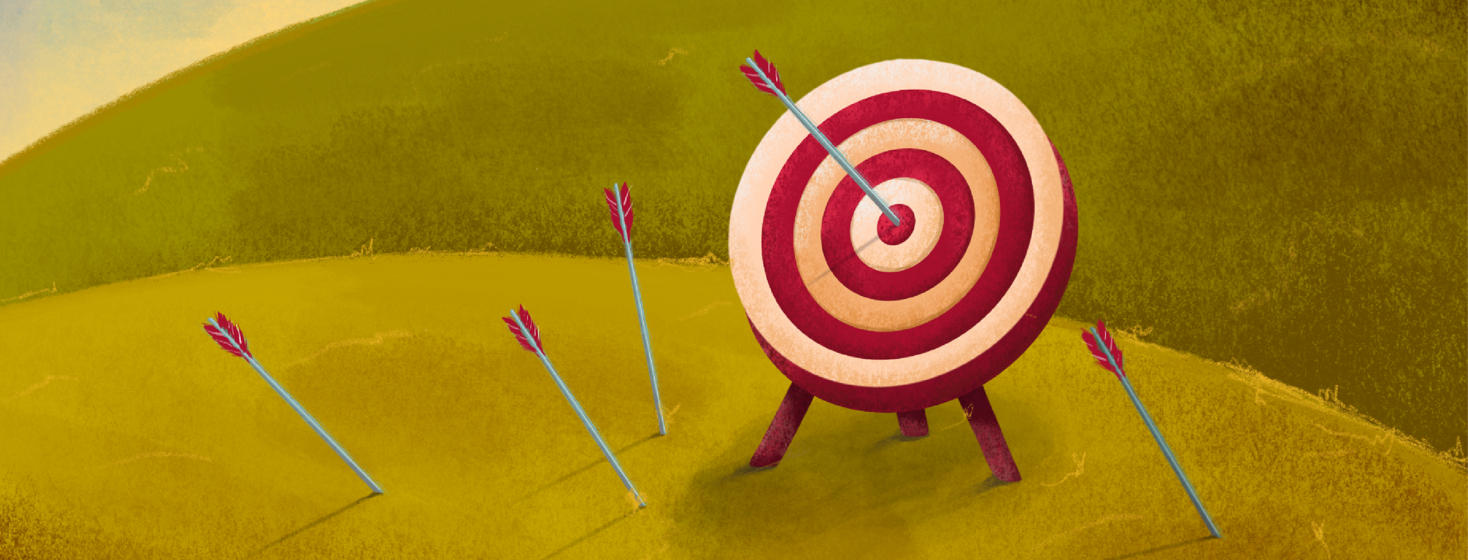How Lupus Changed My Approach to Setting Life Goals
I've always been a Type A, goal-oriented person. In the weeks leading up to New Year's Day every year, I research the best type of planner, then fill it with goals and to-do lists. I keep a notebook full of short-term, long-term, and 5-year plans. Through determination, planning, and lots of luck, I've been fortunate to achieve many of my goals: earning spots in youth orchestras and honors orchestras when I was in high school, check. Attending college on a music scholarship, check. Moving across the country to graduate college and then grad school, check.
Then I got sick with lupus.
Lupus interrupted my goals
Suddenly, just getting out of bed in the morning required all the determination I could muster. Where once I would practice the viola for hours to prepare for lessons or rehearsals, I now spent those hours collapsed on the couch or on a bench in a practice room, too exhausted to move. Watching my healthy peers move easily through life when I was gravely ill and struggling to take care of myself was devastating. Grieving the abilities I lost and the person I was before chronic illness hurt every bit as much as the physical symptoms of the disease.
In many ways, my goal-oriented, type-A personality further damaged my health rather than helped it. Instead of slowing down and adapting to my new limitations, I pushed myself to show up to rehearsal when I could barely stand or to sit through class when I was so exhausted I was hallucinating. I thought that if I was just determined enough, focused enough, and tenacious enough, I could overcome my disease like I had other challenges in my life. But the more I pushed my body to work when I needed to rest, the sicker I became. By the time I graduated from grad school, I had walked, driven, and lived alone with severe, mostly untreated inflammation in my brain for 2 years.
My strength returned despite lupus
During my third semester of grad school, I hit a wall, and no amount of determination or hard work could help me climb it. I was too sick to even sit upright in class, too sick to practice my instrument, and too sick even to lift a cup of water or brush my hair. I went on medical leave for a semester. It was the first time in my life that I truly gave up on my dream of becoming a professional musician. Instead of practicing, I stayed in bed. I slept for 12 hours each night and rested throughout the day. To my surprise, my fatigue slowly started to subside. The brain fog I'd suffered through for the past 2 years cleared, and my strength started to return. I returned to school the following year, and I finally graduated.
My life goals with lupus
Twelve years after lupus first entered my life, I still have goals and dreams. I still carry my planner with me, and I still get excited about making a year or 5-year plan. I'm still the same goal-oriented person I've always been. But having lupus has taught me to respect my body's limitations and value my health above anything I can achieve.
Over time, living with lupus showed me something I hadn't seen before. In between working toward goals and crossing items off my to-do list are moments of true joy and contentment that are easy to miss if you are too focused on achievement. The smell of fall on the first chilly day of the year or the light filtering through my window onto my bedspread may shift my focus away from my to-do list, but it shifts my focus towards what is truly irreplaceable about life.

Join the conversation